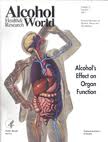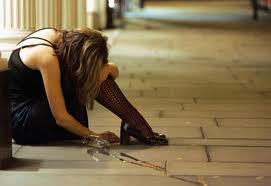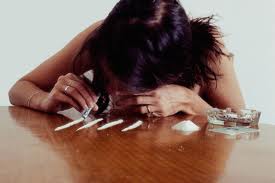Do you have a friend struggling with a drug problem that’s spiraled out of control? If so, you may feel isolated, helpless, or ashamed. Or perhaps you’re worried about a friend or family member’s drug use. In either case, you’re not alone. Addiction is a problem that many people face.
Drug abuse includes the use of illegal drugs—such as marijuana, methamphetamines, cocaine, heroin, or other "street drugs"—and the abuse of legal prescription and nonprescription drugs. Some people use drugs to get a "high" or to relieve stress and emotional problems.
Drugs like ecstasy (MDMA), ketamine, GHB, Rohypnol, and LSD, which are known as "club drugs," may be found at all-night dances, raves, trances, or clubs. Club drug use accounts for increasing numbers of drug overdoses and emergency room visits. Inhalants like nitrous oxide may also be used at these clubs. Drugs come in different forms and can be used in different ways. They can be smoked, snorted, inhaled, taken as pills, put in liquids or food, put in the rectum or the vagina, or injected with a needle. Teens and young adults may be at risk for becoming victims of sexual assault or violent behavior in situations where these drugs are used.
Some nonprescription medicines, such as cold medicines that have dextromethorphan as an ingredient, are being abused by teens and young adults as a way to get a "high." Glue, shoe polish, cleaning fluids, and aerosols, are common household products with ingredients that can also be used to get a "high."
In the United States and Canada, approximately 40% of adults will use an illegal drug at some time during their lives. This does not include the use of alcohol or prescription medicines. Many people abuse more than one illegal substance at a time.
Drug dependence or addiction occurs when you develop a physical or emotional "need" for a drug. You are unable to control your use of a drug despite the negative impact it has on your life. You may not be aware that you have become dependent on a drug until you try to stop taking it. Drug withdrawal can cause uncomfortable and sometimes dangerous symptoms. The usual treatment is to gradually reduce the dose of the drug until you can completely stop using it.
Addiction is a complex disorder characterized by compulsive drug use. People who are addicted feel an overwhelming, uncontrollable need for drugs or alcohol, even in the face of negative consequences. This self-destructive behavior can be hard to understand. Why continue doing something that’s hurting you? Why is it so hard to stop?
The path to drug addiction starts with experimentation. You or your loved one may have tried drugs out of curiosity, because friends were doing it, or in an effort to erase another problem. At first, the substance seems to solve the problem or make life better, so you use the drug more and more.
So the choice to become a drug user only depend on our hearts. For that keep your children from these dangers, especially if your child will soon be adult

 A woman who drinks alcohol, either regularly or sporadically, during pregnancy is imposing a very dangerous risk to her unborn child. It is a known fact that children that are born to mothers who drink alcohol may suffer from various health problems, one of which is known as fetal alcohol syndrome.
A woman who drinks alcohol, either regularly or sporadically, during pregnancy is imposing a very dangerous risk to her unborn child. It is a known fact that children that are born to mothers who drink alcohol may suffer from various health problems, one of which is known as fetal alcohol syndrome. 







































